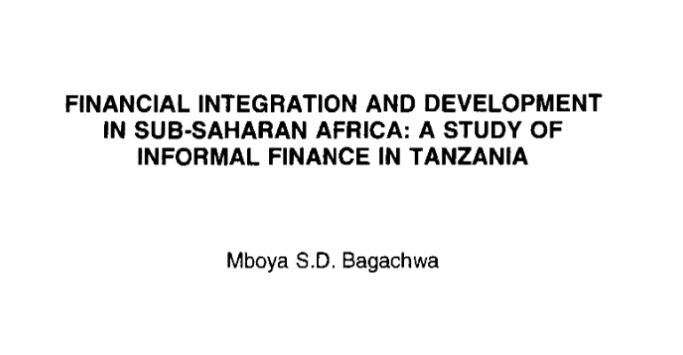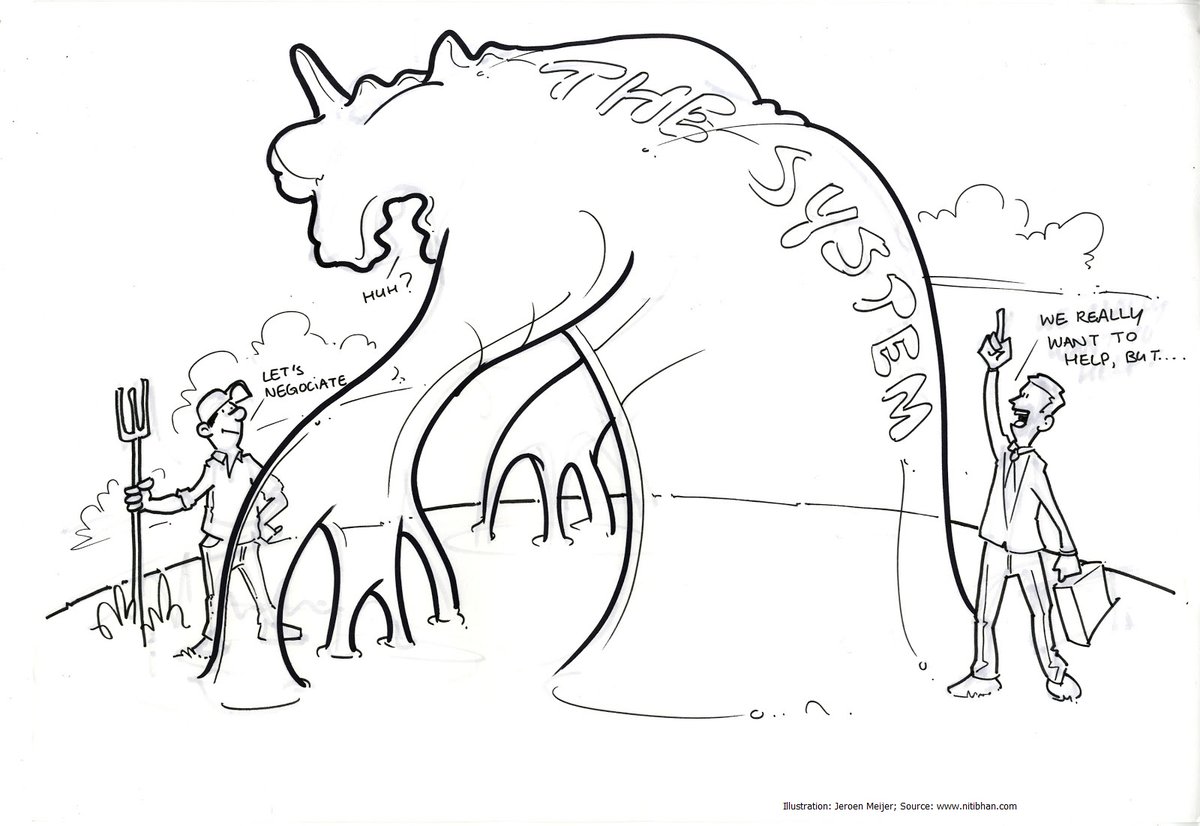Categories Finance
Another #thread 🙃
A few days ago I complained about a bad piece by @GuardianNigeria, in which they were busied themselves dividing distance by cost and then proceeding to make wild comparisons between rail projects. While also getting cost wrong in some cases.
Just seen a very poor piece from @GuardianNigeria. Trying to Compare rail projects while getting basic facts wrong & making embarrassingly pedestrian (no pun intended) points.#LagosIbadanRail = 156km distance but actual rail length close to 400km because DOUBLE-track\u2014not SINGLE pic.twitter.com/H6sgulUA1I
— tolu ogunlesi (@toluogunlesi) January 19, 2021
The nuances of procurement, whether public or private sector, can hardly be accurately conveyed in your typical news headline, especially when headlines are driven mostly by virality ambitions. Always good to try and understand full picture before jumping to conclusions.
Important point: It’s very necessary for citizens to be able to assess public procurement projects for transparency & cost-efficiency. So I’m not saying don’t ask questions. Far from it. I’m simply saying all assessments MUST be based on a full picture, not headlines / conjecture
Take example of Super Tucanos. You’d read somewhere that Nigeria signed an almost $600m deal with the US Govt for 12 aircraft. Guess what our papers will do 😂
They’ll do their typical ‘dividing’ and say Nigeria paid $50m per aircraft. (The plane is not that expensive btw).
As many others I'm still working through the detail of the agreement & all the annexes. But some initial thoughts based on my first read & associated documents. My overriding feeling is that it is pretty much exactly as expected in many parts & largely a balanced deal. 1/
— Raoul Ruparel (@RaoulRuparel) December 27, 2020
First, we shouldn't look at this through the lens of UK having trade deficit with EU in goods & surplus in services. That is too simplistic. EU accounts for a large proportion of UK's goods trade so zero tariff zero quota is beneficial for UK as well for the EU. 2/
Similarly, having a very thin deal on services & financial services is also bad for EU. Belief in some quarters than business will simply move from UK to EU in these areas. But its not that simple. Will be costs & duplication while some business just won't make sense any more 3/
We also shouldn't forget that while services is the largest part of our economy, it is inherently much more domestically focused. Furthermore, the single market in services is less integrated than that in goods so there are already some non tariff barriers to contend with 4/
It is also important to remember how we got here. Services was ultimately deprioritised under the previous Govt Chequers approach. This was because the Govt was seeking frictionless trade in goods. 5/
I am deeply concerned by reports that the incoming administration of President-elect Joe Biden may repeal the Presidential permit for the Keystone XL border crossing next week.
— Jason Kenney (@jkenney) January 18, 2021
My full statement: pic.twitter.com/vZjun1IdMH
There is a logic to public investment to indemnify a project against political risk in some situations: where the government making the investment has some control or influence over that risk.
It serves the same function as a change in law provision in a contract with government: the government accepts the losses of the prospective policy change that creates the risk. The losses are allocated to the party who can best avoid them.
The federal government's TMX investment is one example. The major impediments apparent were largely under Ottawa's control: adequate environmental assessment and adequate FN consultation.
By making the investment, Ottawa either carries out the necessary actions to allow TMX to proceed, or suffers the losses of failing to do so.
Seems like the AGs job is to constantly make recommendations that are ignored. How ironic is it that the Ministry that is responsible for distributions to the poor is also the one that has some of the glaring 'irregularities'.
Poor decisions at dozens of government departments have exposed more than $40 billion of taxpayers\u2019 money to loss or misuse, an analysis of the last two auditor general annual reports has shown. Read more here: https://t.co/vLwkhZlmDs #GLNRToday pic.twitter.com/Ymmdlnp0OM
— Jamaica Gleaner (@JamaicaGleaner) January 17, 2021
"Nowhere was the picture more stark than in Karl Samuda’s MLSS, which the auditor general argued has been persistent in ignoring recommendations over the years to improve its stewardship of public funds."
That ministry alone accounted for unresolved monetary risks of 3.3 billion
173 million in transactions could not be verified because of inadequate supporting documents.
173 million..
Tardiness...
Disregard for it's own internal audit..
Significant internal control deficiences....
Lack of appetite to fix the problems flagged as far back as 2011!!!
This was already known but
"In a damning 2018 audit, Monroe Ellis found that in 2017, without permission, the NIF spent 27 million to purchase shares owned by the spouse of a senior executive."
Uncovered alleged 600 million fraud in 2018...
50 million in payments made to companies without valid contracts....
That brings total taxpayer exposure to 35 billion...
Indigenous beadwork prices are high bc it's reparations
— mango \u2606 (@pamiuqtuq) January 4, 2021
Every time I see a bead artist break down their pricing, they always give themselves "minimum wage", which as we know is less than half of an actual living wage. We deserve a living wage for our art, but I know none of us actually gets that
Beadwork is my full time job, I've charged up to 200$ for a single piece because I need to make rent and pay bills and some of these large pieces take me days or even a week to complete.
I give myself minimum wage for my labour, I don't charge for the hours I spend packing and shipping orders, Etsy takes a cut, and I still have to charge upwards of 100$ for many pieces because beadwork is hard fucking work. It's a slow process, literally one bead at a time.
I constantly struggle with balancing paying myself a fair wage, keeping my work accessible, not giving people a lowball idea of what beadwork actually costs therefore undercutting other artists... its not easy.




































